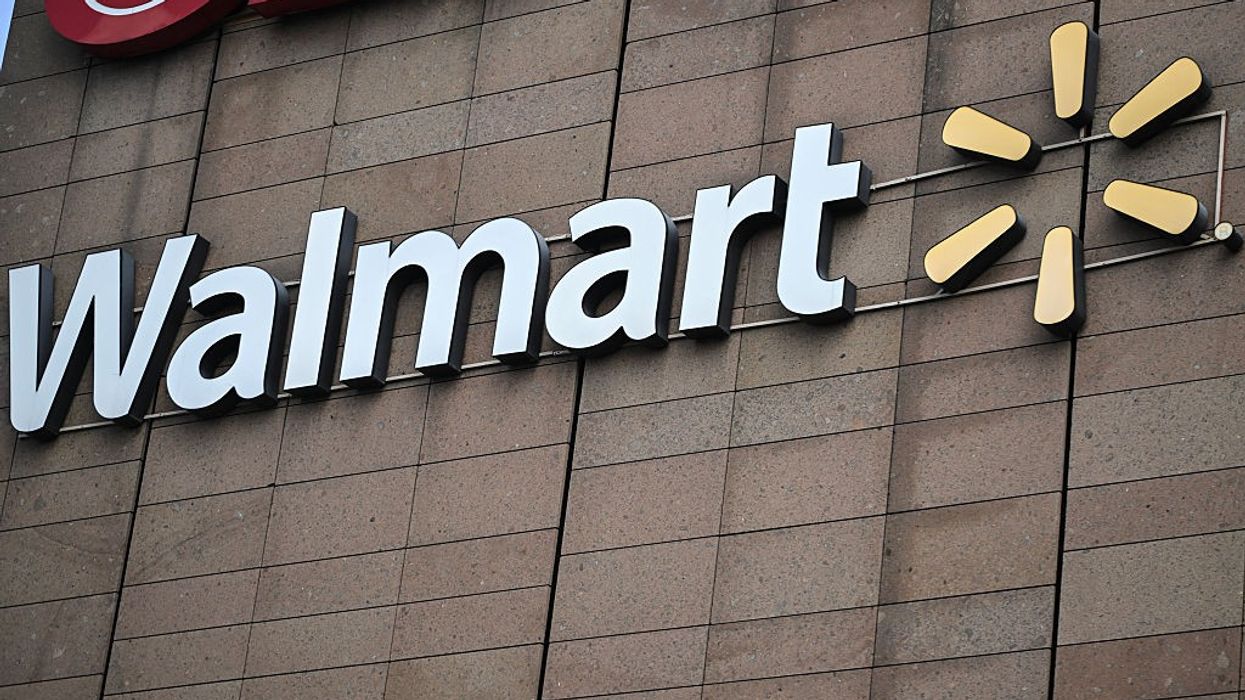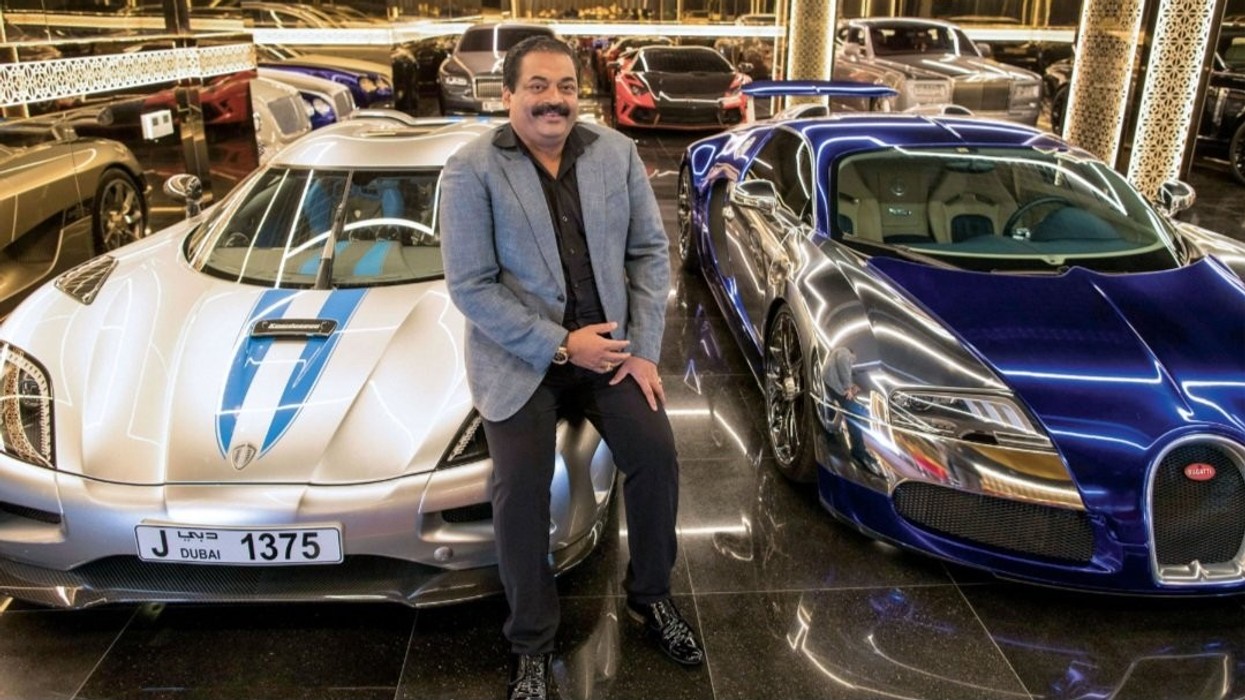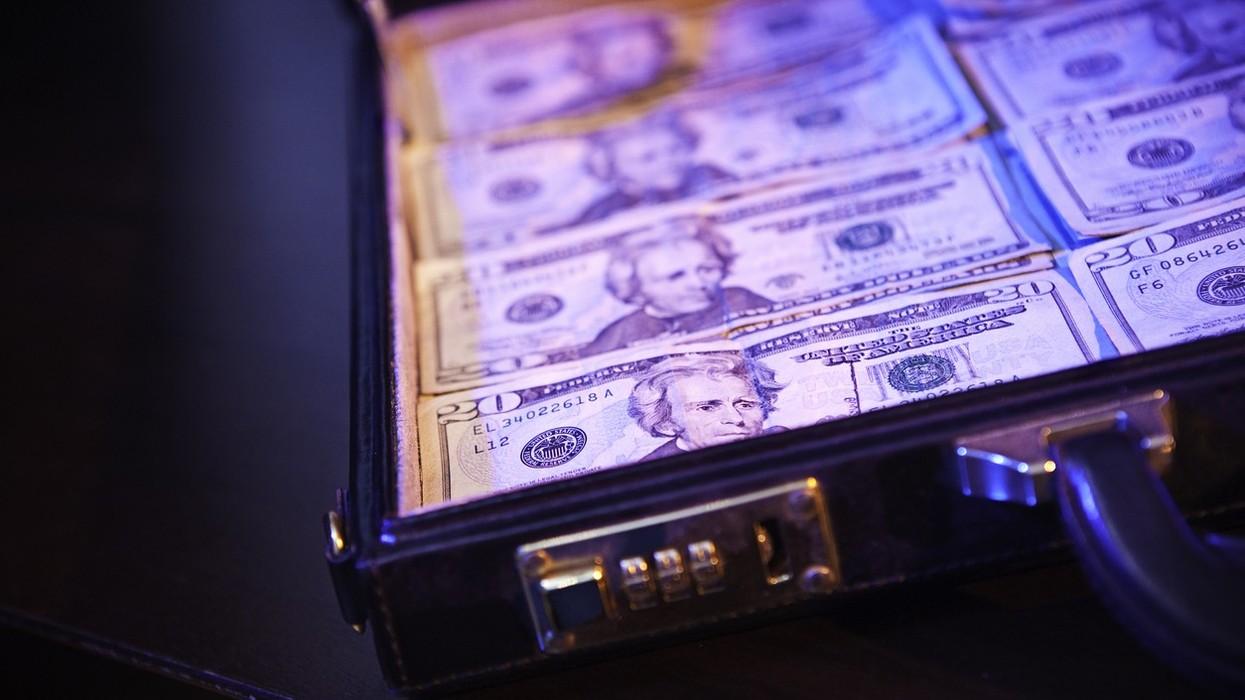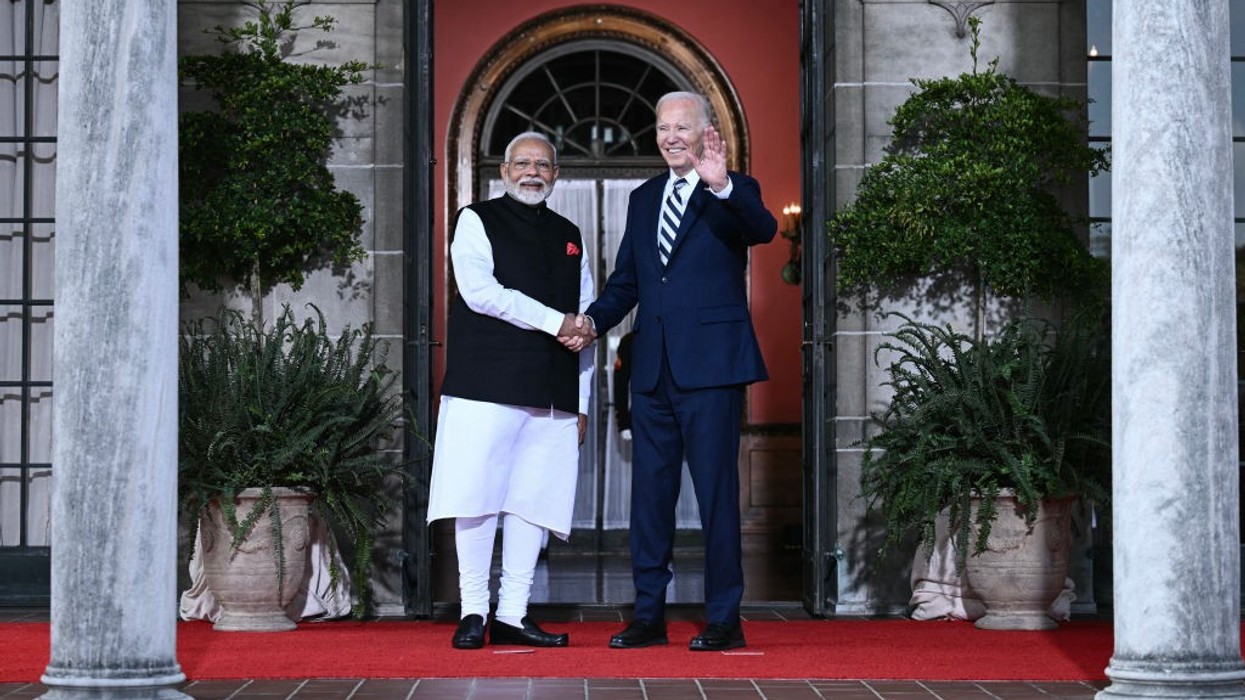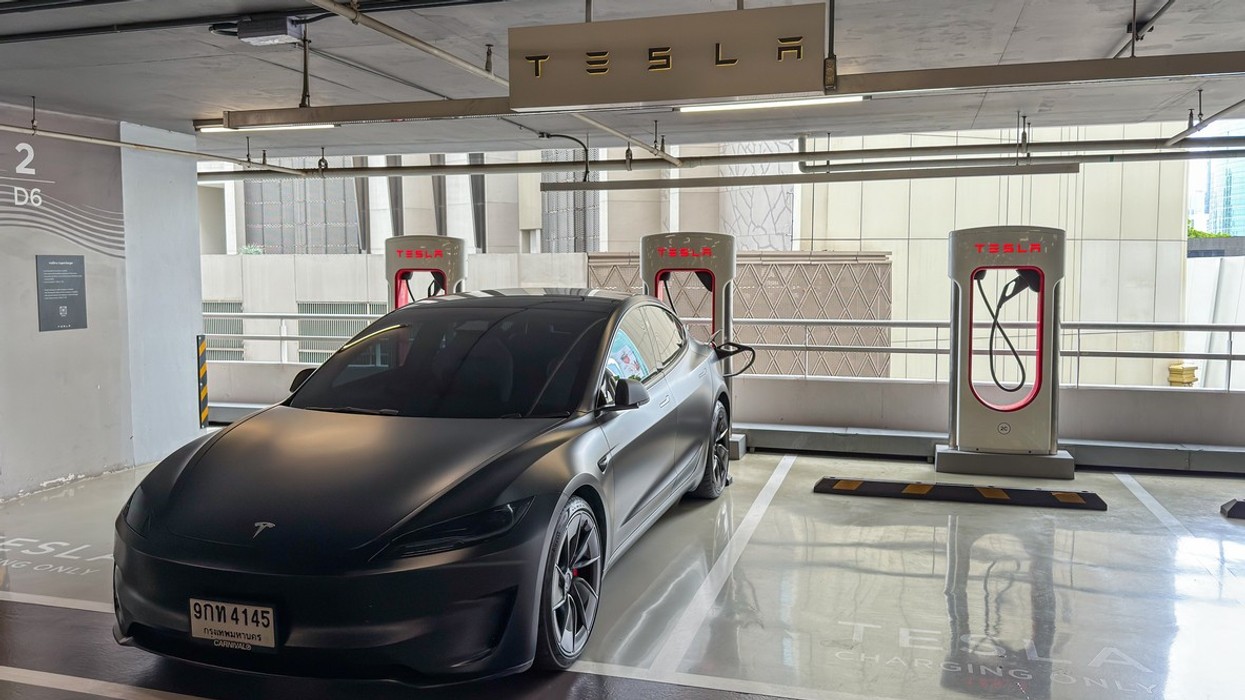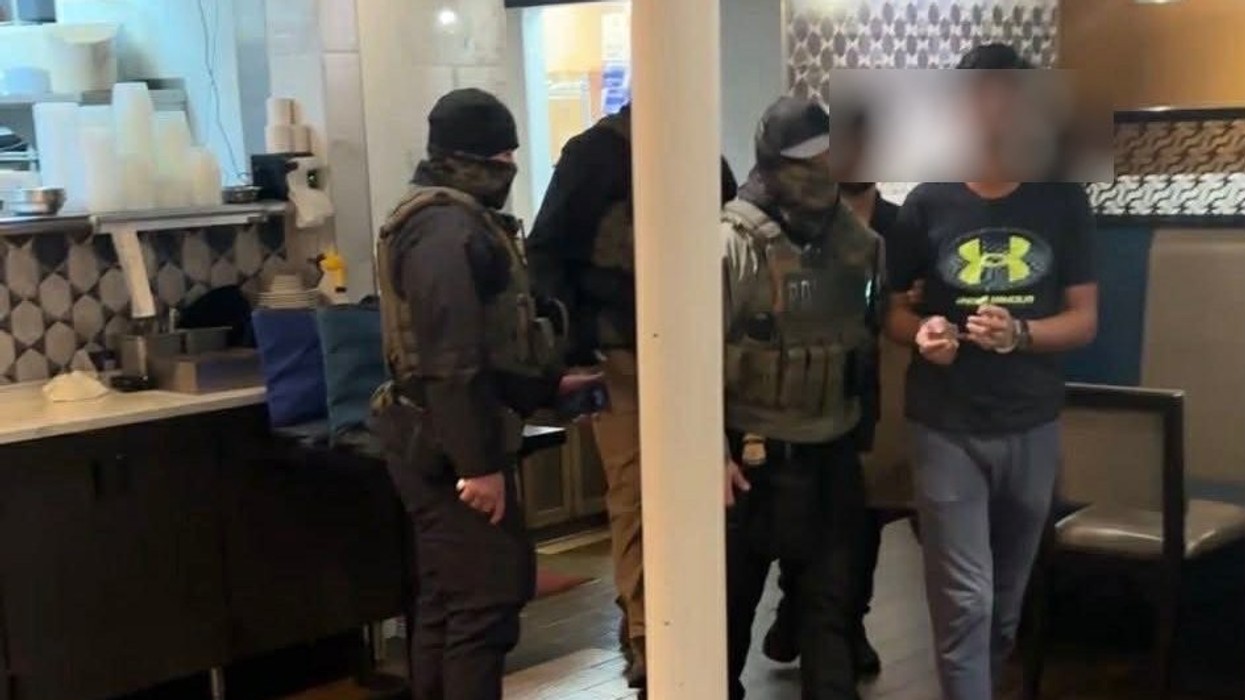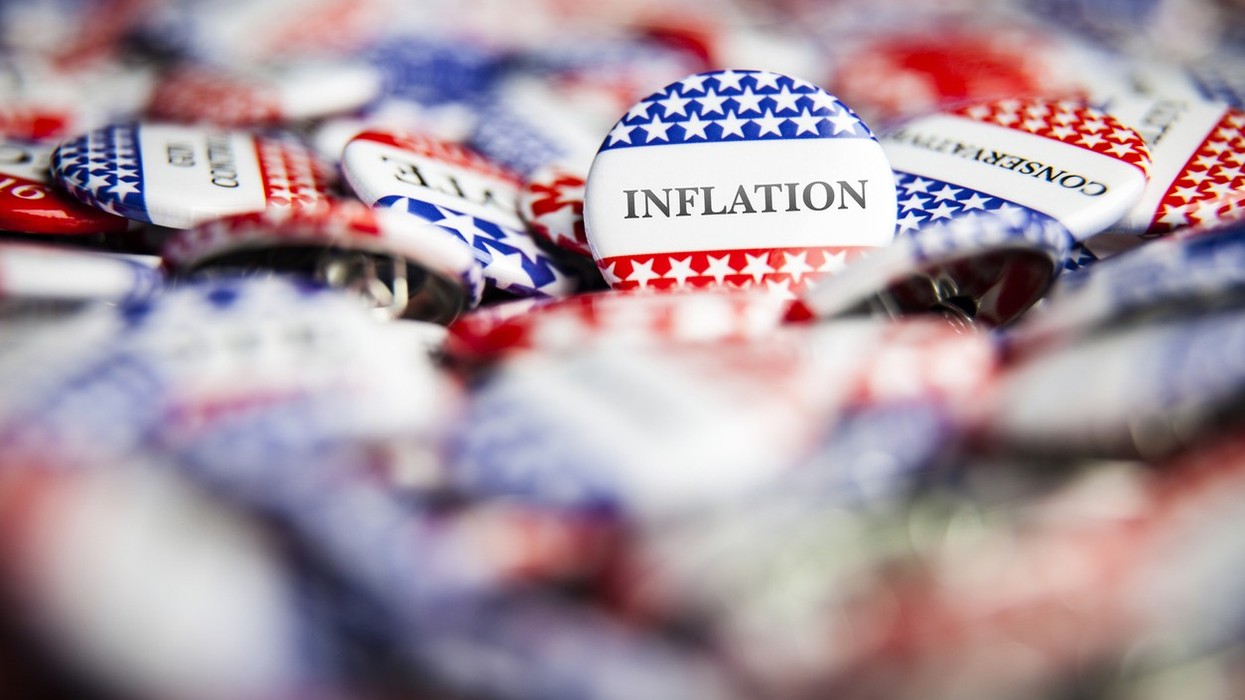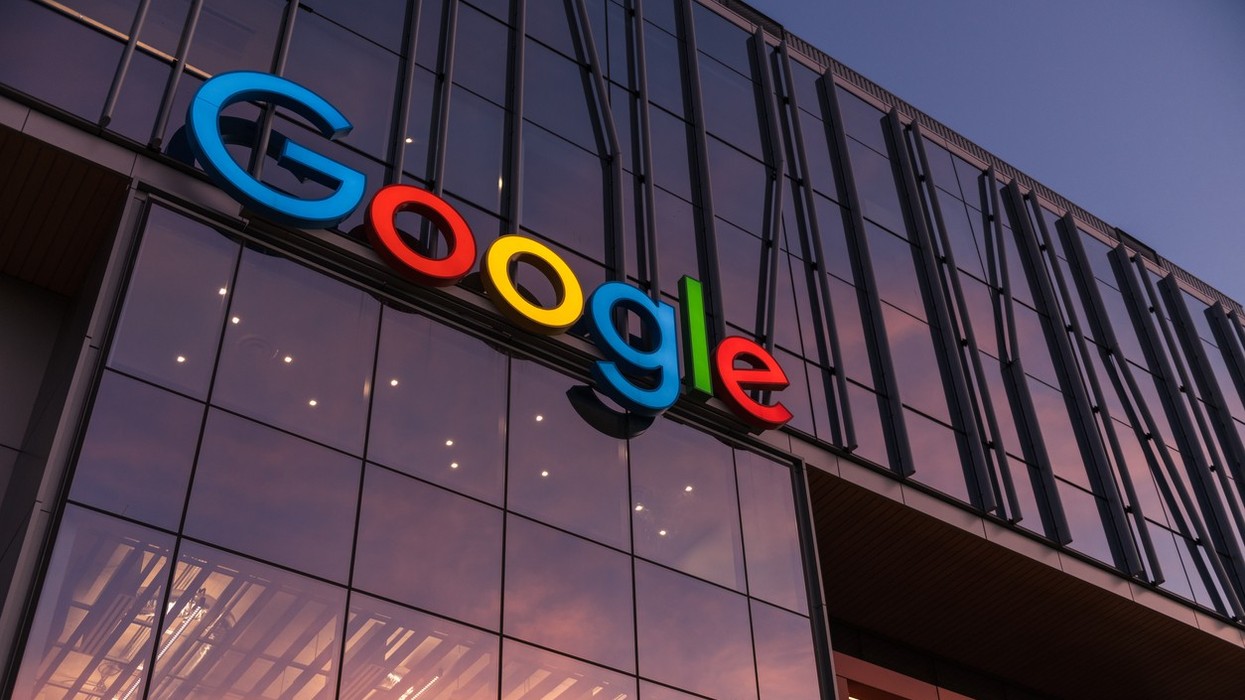Highlights:
Walmart has decided to pause hiring candidates who require H-1B visas, the BBC has learned, following the Trump administration's new $100k application fee that has unsettled US employers.
President Donald Trump signed an executive order last month imposing the steep new fee, claiming the visa program for skilled foreign workers was being 'abused' and undermining the American workforce.
Walmart, which had over 2000 H-1B visas approved in the first half of 2025, said in a statement that it remains 'committed to hiring and investing in the best talent to serve our customers, while remaining thoughtful about our H-1B hiring approach."
America's largest employer feels the pressure
As the largest private employer in the US, Walmart employs around 1.6 million people nationwide. While the retail giant is the top H-1B user in the retail industry, the program is still more closely tied to technology companies.
In 2025, Amazon led all companies with over 10,000 H-1B approvals, followed by Microsoft, Meta, Apple, and Google, each securing more than 4000 visas in the first half of the year, according to official US data.
Many startups and smaller firms also rely on H-1B workers to fill roles in engineering, IT, and research that face domestic skill shortages.
Trump's $100k visa fee sparks controversy
The new executive order requires companies to pay a $100k fee for new H-1B applications, restricting entry unless the payment is made. The administration argues it will discourage misuse of the program and protect American jobs.
Critics, however, say the move will cripple innovation and global recruitment. Supporters like Elon Musk have praised the visa system for helping the US attract the world's top talent, while detractors claim it drives down wages for domestic workers.
India dominates the H-1B program, accounting for over 70 per cent of recipients in recent years, followed by China with about 12 per cent.
When Trump signed the order, US Commerce Secretary Howard Lutnick said businesses must now decide whether each foreign employee is 'valuable enough' to justify the new fee.
Business groups push back
The US Chamber of Commerce has filed a lawsuit against the Trump administration, calling the new policy 'cost prohibitive' for American employers.
“The fee will make it impossible for many companies to use the H-1B program,” said Neil Bradley, the Chamber’s Chief Policy Officer. “It will force businesses to either raise labor costs or hire fewer skilled workers.”
In response, the White House defended the move, calling it lawful and a “necessary, initial, incremental step towards needed reforms” of the visa program.
